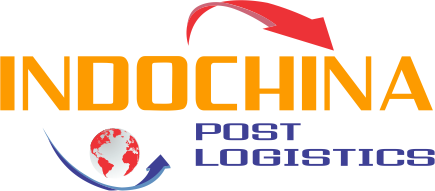The road freight transport sector moved 4.42 percent more tonnes in the first quarter of 2021 than the previous year. This represents a 4.01 percent increase in national traffic and an 11.07 percent increase in international traffic. Exports (12.63 percent) and imports (1.58 percent) increased as well.
This is a positive and hopeful scenario for the road transport sector, which has been severely impacted by the pandemic and the effects of confinement. With the gradual return to normalcy following the COVID-19 effect, the business will now face a number of significant challenges, including decarbonisation. A trend that is already being promoted by both public administrations and the private sector.
Contents
The carbon footprint of merchandise
Trucks currently account for 65 percent of all CO2 emissions in transportation. The return to “pre-pandemic normalcy” will result in an increase in freight transport emissions. In fact, road freight transport will be critical to the overall system’s future decarbonization.
The adoption of low-carbon technologies in all modes of transportation, load consolidation, collaboration, and standardization of specific work processes are among the primary levers for achieving a more sustainable and environmentally friendly transportation system. With such actions, emissions could be reduced by up to 72 percent in 2050 compared to 2015.
Digitisation
The need for faster document control, as well as the impact of e-exponential commerce’s growth, have made it critical to increase the digitization of all land transport processes. Productivity, efficiency, and R&D are the key areas in which businesses are already working and must work in the future.
Promoting modernisation
In the meantime, administrations are already contributing their own grain of sand to this trend. The Recovery, Transformation, and Resilience Plan of the Ministry of Transport, Mobility, and Urban Agenda is particularly noteworthy, as it envisions, for road transport, the construction and improvement of safe parking areas for commercial vehicles, as well as the implementation of intelligent transport services for the road sector (ITs). Finally, actions to support the implementation of alternative fuel refueling infrastructure are being developed (LNG, CNG, hydrogen). According to a press release issued by the institution, these investments will total 56.6 million euros.

